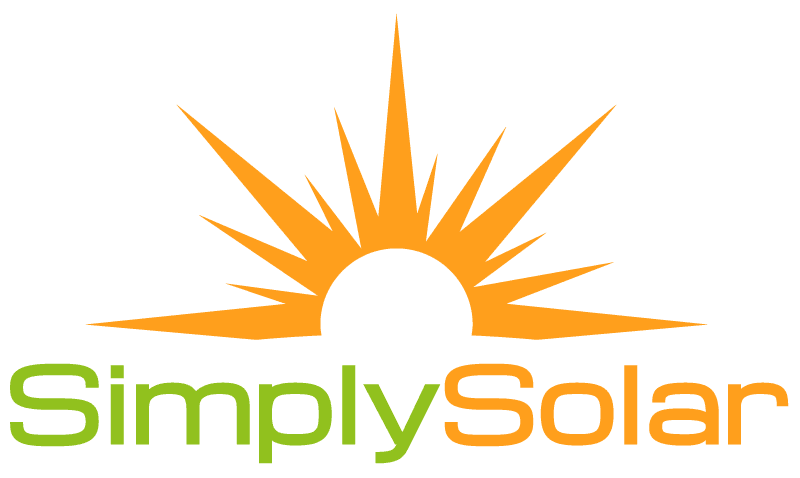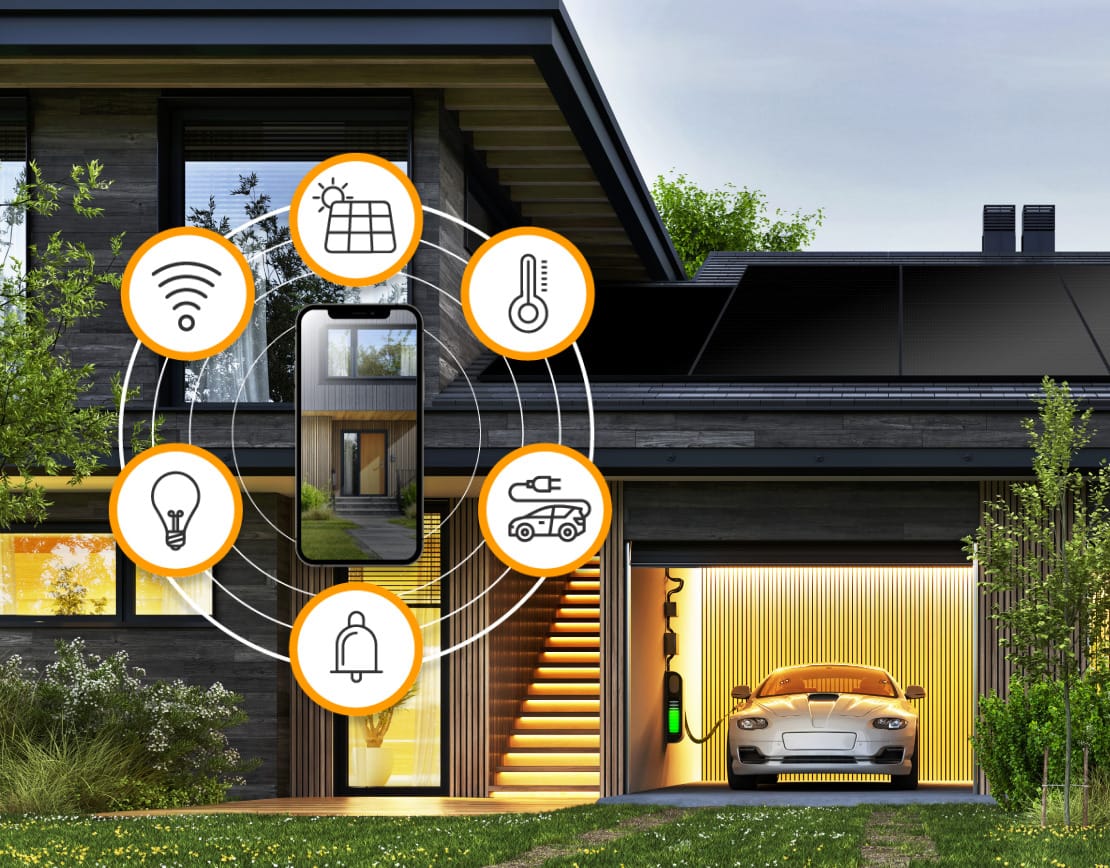Domestic content, specifically domestic content approved, is a relatively new term in the solar space, but it’s one you’re going to be hearing more of in the coming months. Especially given the current situation surrounding the Solar Investment tax Credit, or ITC, this domestic content conversation is about to play a very big role in the saving proposition of solar. For those worried about the end of the 30% solar tax credit, and especially those who are not able to secure an appointment before the soft deadline of most installers, domestic content may be the key to securing additional incentives on their installation. Let’s explore the concept of domestic content approval, and see how you might be able to use it to access the other solar tax credit.
What is Domestic Content?
Domestic content refers specifically to components or materials manufactured within the United States. Namely, when it comes to domestic content in the solar industry, this term refers to manufactured products like modules, inverters, and racking, as well as component materials like structured steel & iron, and U.S.-made crystalline silicon cells and wafers. To say that a solar system is domestic content approved means that it meets the requirement for components and materials made in the United States.
The specific requirement for domestic content varies per element of a solar system, as well as the year in which the installation is undertaken. The percentage of domestic content required increases annually, providing incentive for the companies producing and financing these installations to begin moving from foreign to domestic production sources in order to remain eligible for federal incentives. Specifically, financing companies need to pay attention to domestic content approval as it is what enables them to make use of the second solar tax credit.
Is there a second tax credit?
There is indeed a second solar tax credit! With all the talk of the residential solar tax credit going away, it is easy to miss the additional nuance of this conversation - which is why we’re shining a spotlight on it today. While it is true that the residential solar ITC is ending in 2025, there is another tax credit that will continue on until 2027. While the current solar tax credit is being phased out for residential customers, the other tax credit is available to commercial institutions, and can be utilized by organizations like financing companies to provide similar benefits to ratepayers even after the current ITC expires.
What this means is that even after the eligibility period for the current solar tax credit ends, you’ll still be able to access a similar style of discount through financing institutions, who can provide you with a version of the tax credit in the form of upfront savings, in lieu of using the tax credit to reduce your tax liability, like you would have with the current ITC. While we would all like to see the current tax credit continue on for the 7 additional years it was supposed to be available, an opportunity like this means that the savings of the tax credit aren’t gone just yet. For those interested in financing their system via a lease or PPA, there is still time to save.
How are they connected?
The connection is key here, because it will impact the financing companies providing the benefit to customers, and by extension will impact the design and component makeup of your system. In order for financing institutions to claim their version of the tax credit, they will need to be able to show that the systems they are financing are domestic content approved. As we now know, this means that installation companies will need to ensure they have provided materials which meet the standards established by the Inflation Reduction Act.
The Domestic Content Difference
Here are some examples of what that will look like on the installer's side. Structured materials like steel or iron must be 100% U.S. manufactured, while products within the installation must meet the minimum content thresholds. In 2025, that means 45% of the products must be domestic content, but next year that number will increase to 50%, and then 55% the following year. Any panel or other component that uses U.S. cells and wafers will be eligible for additional enhanced credits, which will benefit you in the long run, and meeting all these requirements will allow your financier to qualify for the tax credit, which means they will be able to pass those savings along to you in the initial system discount.
While things will certainly look a little different for solar once the residential tax credit expires, the value of solar remains incredibly strong - especially in the face of dramatically rising energy costs! Still, for those who are eager to access a system discount of similar value to the tax credit need only look to financiers like HDM to access a discount based on domestic content approval. To get started on your own domestic content approved system, book an appointment with one of our expert consultants.



